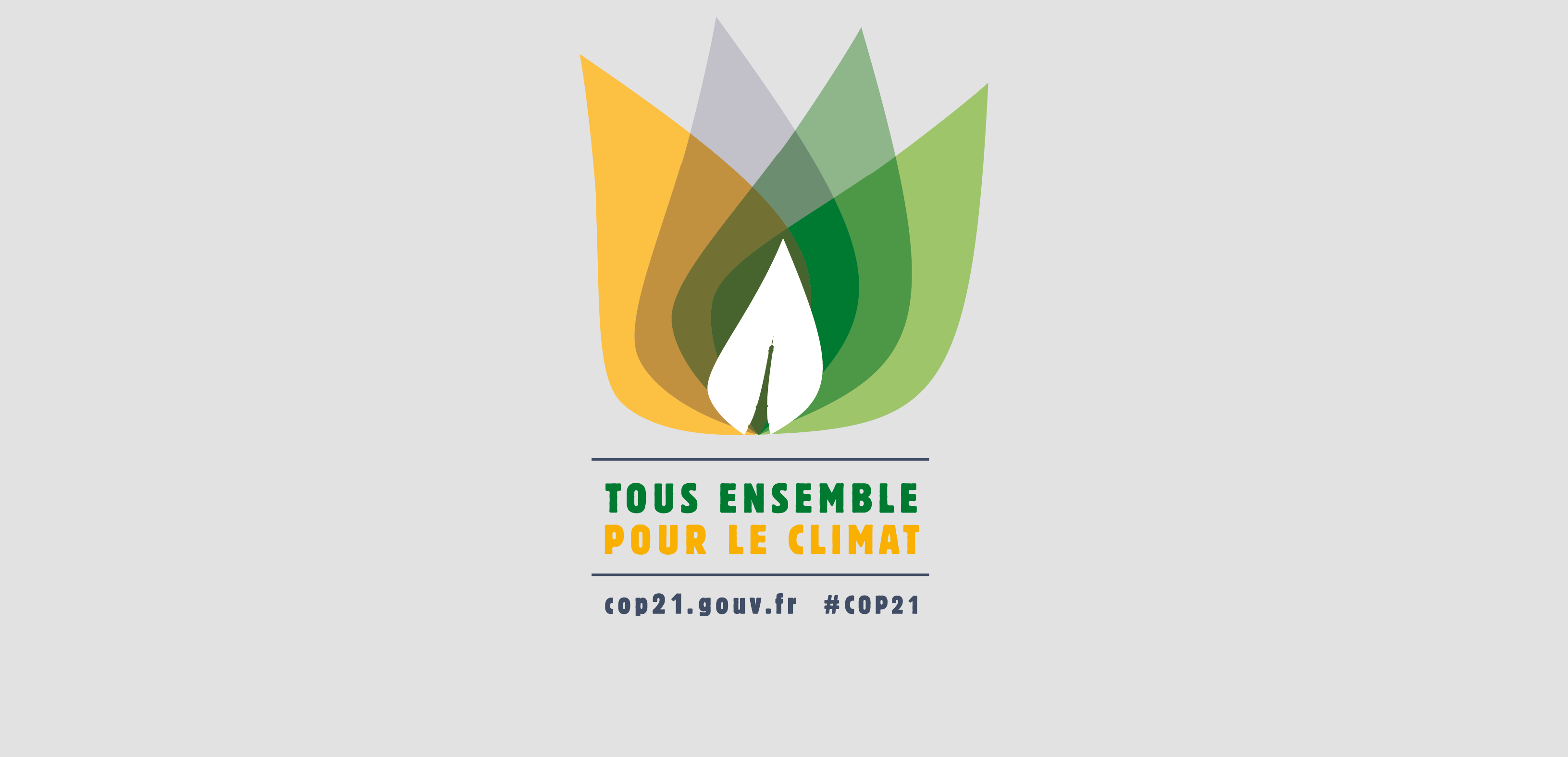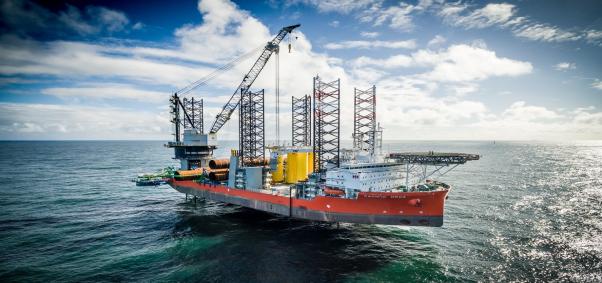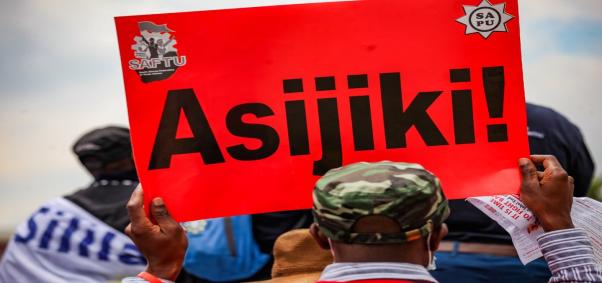
The UN Climate Change Conference (COP21) in Paris is a vital chance to advance a new era of better growth. Countries at all levels of income now have the opportunity to achieve lasting economic growth which also reduces climate risk, and achieves wider economic and social benefits, including poverty reduction, reduced air pollution, environmental sustainability and better urban quality of life. Momentum is growing around the world towards a New Climate Economy built on low-carbon and climate-resilient development pathways.
Countries and businesses are increasingly recognising that economic growth and climate action are inextricably linked, and that they can be achieved together. As of today, 40 national and 23 subnational governments have adopted or are about to implement carbon pricing. Around 450 major companies worldwide report already using an internal carbon price to guide investment decisions. More than 320 cities have committed to the Compact of Mayors, pledging to reduce local greenhouse gas emissions, enhance resilience to climate change, and track their progress transparently. Investments in clean technology have driven down the cost of solar and wind energy, such that they are now competitive with fossil fuels in many places around the world.
However, the world must act with greater urgency if we are to protect human lives and the global economy from the worst impacts of climate change. Concentrations of greenhouse gases in the atmosphere are very high and rising. The scale of the risks is immense and there are great dangers from delay. Continuing investments in high-carbon infrastructure can lock in emissions for decades and influence the climate for centuries. We must make the right choices today for urban, energy and transport infrastructure.
The national climate pledges which countries have announced in advance of the Paris COP are an important signal of commitment. But they should be seen as floors, not ceilings, to national ambition. There is significant room for stronger climate action that is also in the economic self-interest of countries, companies and investors. It is therefore key that the Paris climate agreement sets in motion a regular process for strengthening national commitments every five years, and includes a long-term goal consistent with reducing emissions to near-zero in the second half of this century.
Countries need to ensure that strong signals are sent about future low-carbon growth so that both public and private financial flows are shifted from high to low emission activities, and from risky to resilient projects, as well as scaled up to achieve development objectives. Given the linkages between climate change and development, climate action should be considered in the broader context of efforts to achieve the 2030 Sustainable Development Goals.
Around US$90 trillion will need to be invested globally in cities, land use and energy infrastructure between now and 2030 to meet global growth and development objectives. It would cost as little as around 5% more to make those investment choices low-carbon, and fuel savings alone could offset the higher investments. If we make the right choices and take the right actions now, these investments can drive the achievement of climate and development goals together. Achieving a successful agreement in Paris is vital. But it is not the end goal. It must lead to accelerated action in 2016 that will provide the foundation for building and enabling a just transition to this lower-carbon, more resilient global economy.
The Global Commission on Economy and Climate has called for action in 10 key areas where there are opportunities for stronger and economically beneficial climate action building on co-operation between countries, states and regions, cities, international organisations and the private sector:
-
Accelerate low-carbon development in the world’s cities
-
Restore and protect agricultural and forest landscapes and increase agricultural productivity
-
Invest at least US$1 trillion a year in clean energy
-
Raise energy efficiency standards to the global best
-
Implement effective carbon pricing and phase out fossil fuel subsidies
-
Ensure new infrastructure is climate-smart
-
Galvanise low-carbon innovation
-
Drive low-carbon growth through business and investor action
-
Raise ambition to reduce international aviation and maritime emissions
-
Phase down the use of hydrofluorocarbons (HFCs)
Implementing these actions together could achieve as much as 96% of the emissions reductions needed by 2030 to keep global warming under 2°C. They would also bring significant economic benefits. For example, investing in sustainable cities could save around US$17 trillion globally by 2050. Investing in energy efficiency could boost cumulative economic output globally by US$18 trillion by 2035 and create jobs. More than half of the Fortune 100 companies are already saving around US$1.1 billion per year from energy efficiency, renewable energy and other emission reduction initiatives.
Goals once seen as distant and irreconcilable – ending extreme poverty, achieving broad-based prosperity and securing a safe climate – are now recognised as inextricably linked and complementary, and they are within our reach. We should not let the opportunity for a better future slip through our fingers.
Signed,
President Felipe Calderón, Chair, Former President of Mexico
Lord Nicholas Stern, Co-Chair; Professor of Economics at LSE and President of the British Academy
Ingrid Bonde, Chief Financial Officer and Deputy Chief Executive Officer of Vattenfall AB
Sharan Burrow, General Secretary, International Trade Union Confederation (ITUC)
Suma Chakrabarti, President, European Bank for Reconstruction and Development (EBRD)
Helen Clark, Administrator, UN Development Programme (UNDP); Former Prime Minister of New Zealand
Dan Doctoroff, CEO, Sidewalk Labs; Former President and CEO, Bloomberg LP
S. (Kris) Gopalakrishnan, Co-Founder, Infosys
Angel Gurría, Secretary-General, Organisation for Economic Co-operation and Development (OECD)
Sri Mulyani Indrawati, Managing Director and Chief Operating Officer of the World Bank and Former Finance Minister of Indonesia
Naina Lal Kidwai, Chairman, HSBC India and Director of HSBC Asia Pacific
Caio Koch-Weser, Vice Chairman, Deutsche Bank Group; Chair, European Climate Foundation
Ricardo Lagos, Former President of Chile
Michel Liès, CEO of the Swiss Re Group
Trevor Manuel, Former Minister and Chairperson of the South African Planning Commission and Former Finance Minister of South Africa
Takehiko Nakao, President of the Asian Development Bank
Ngozi Okonjo-Iweala, Former Finance Minister of Nigeria
Eduardo Paes, Mayor of Rio de Janiero
Annise Parker, Mayor of Houston
Paul Polman, CEO of Unilever
Christian Rynning-Tønnesen, President and CEO of Statkraft
Kristin Skogen Lund, Director-General of the Confederation of Norwegian Enterprise
Jean-Pascal Tricoire, CEO and Chairman, Schneider Electric
Maria van der Hoeven, Former Executive Director of the International Energy Agency (IEA)






